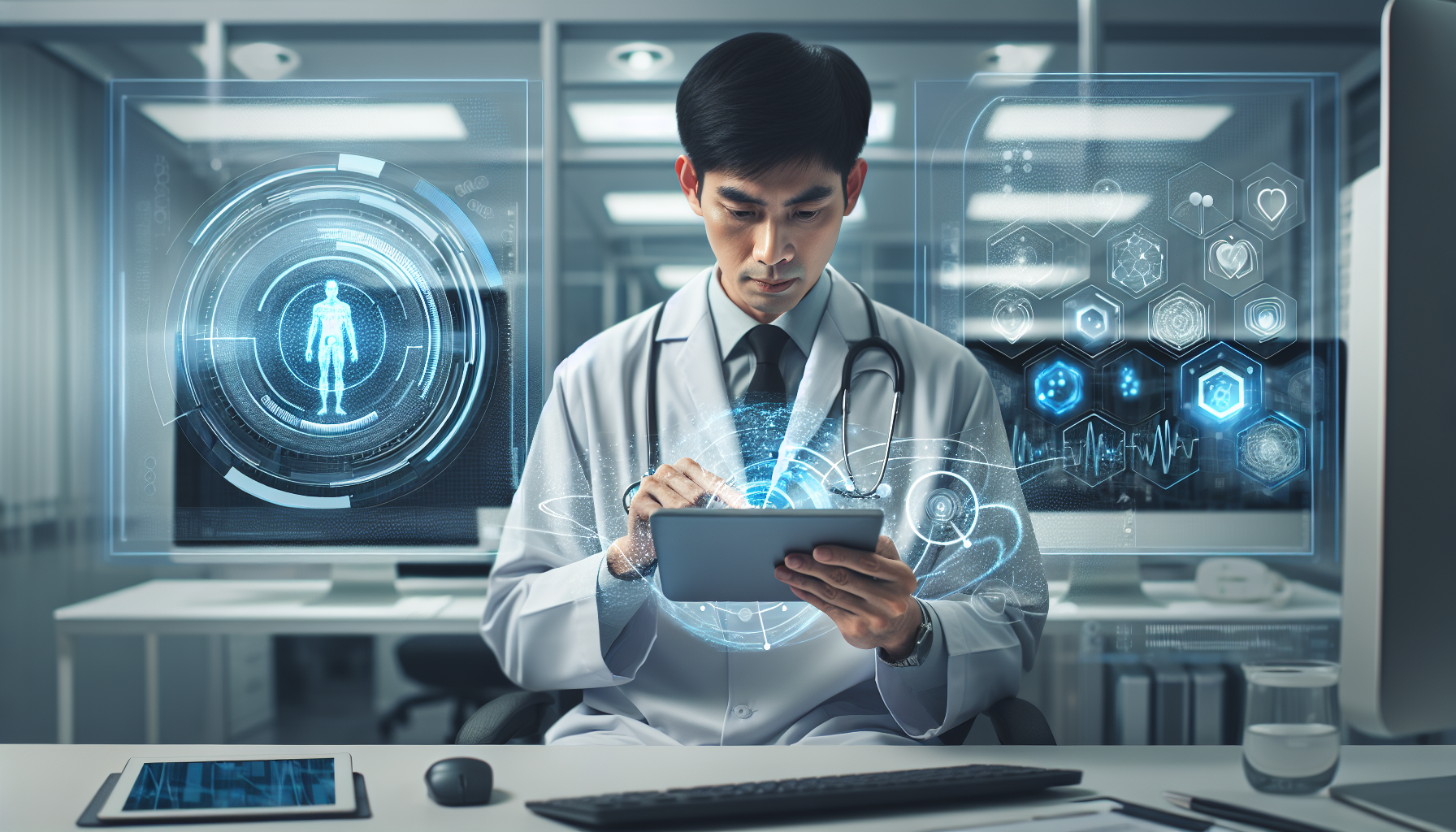The Future of Healthcare Innovation at MUSC

MUSC has established itself as a hub for healthcare innovation, fostering an environment where new ideas can flourish. The institution’s commitment to research is evident in its robust funding and support for projects aimed at improving patient outcomes through technology and advanced medical practices. For instance, MUSC has invested in laboratories equipped with state-of-the-art technology that allows for cutting-edge research in fields such as genomics, telemedicine, and personalized medicine.
Emerging Trends in Medical Technology
As healthcare continues to evolve, several key trends are emerging that MUSC is uniquely positioned to leverage. One of these trends is the rise of telehealth, which gained significant traction during the COVID-19 pandemic. MUSC has embraced telehealth not only as a temporary solution but as a permanent fixture in its healthcare delivery model. By expanding access to care through virtual consultations, MUSC is breaking down geographical barriers and ensuring that patients receive timely medical attention, regardless of their location.
A Workforce Prepared for Change
The success of MUSC’s innovative initiatives hinges not only on technology but also on the adaptability and expertise of its workforce. To prepare its employees for the future, MUSC invests heavily in ongoing education and training programs. These programs equip healthcare professionals with the skills necessary to leverage new technologies and methodologies effectively.
The Impact of Innovation on Patient Care
The ultimate goal of healthcare innovation is to improve patient care. At MUSC, the impact of these advancements is already being felt. Patients can expect more personalized treatment options, faster diagnoses, and improved overall experiences within the healthcare system.
MUSC is at the forefront of healthcare innovation, embracing new technologies and methodologies that are shaping the future of patient care. By fostering a collaborative environment, investing in research, and preparing its workforce for the challenges ahead, MUSC is not only responding to the demands of modern healthcare but is also setting the standard for what is possible.
Telehealth Coordinator
Teladoc Health, MDLIVE
Core Responsibilities
Develop and implement telehealth programs to enhance patient access to care.
Monitor telehealth services to ensure compliance with regulations and quality standards.
Collaborate with clinical teams to integrate telehealth into existing workflows.
Required Skills
Strong knowledge of telehealth technologies and best practices.
Excellent communication and organizational skills.
Familiarity with healthcare regulations related to remote patient care.
Health Informatics Specialist
Epic Systems, Cerner
Core Responsibilities
Analyze healthcare data to improve patient care and operational efficiency.
Implement electronic health record systems and ensure data integrity.
Train healthcare staff on data management and analysis tools.
Required Skills
Proficiency in data analytics software (e.g., Tableau, SAS).
Understanding of healthcare regulations and data privacy laws (e.g., HIPAA).
Strong analytical and problem-solving skills.
AI Clinical Research Scientist
Siemens Healthineers, IBM Watson Health
Core Responsibilities
Conduct research on AI applications in healthcare diagnostics and treatment protocols.
Collaborate with clinicians to validate AI tools and algorithms.
Present findings at conferences and contribute to scientific publications.
Required Skills
Advanced degree in biomedical engineering, computer science, or a related field.
Experience in machine learning and data analysis.
Strong communication skills for interdisciplinary collaboration.
Patient Experience Manager
HCA Healthcare, Community Health Systems
Core Responsibilities
Oversee patient feedback programs to enhance service delivery and satisfaction.
Analyze patient data to identify trends and areas for improvement.
Implement initiatives to foster a patient-centered culture within the organization.
Required Skills
Strong understanding of healthcare operations and patient care services.
Excellent interpersonal and communication skills.
Experience in data analysis and reporting.
Biomedical Engineer - Medical Devices
Medtronic, Boston Scientific
Core Responsibilities
Design and develop innovative medical devices and technologies.
Conduct testing and validation of prototypes to ensure safety and effectiveness.
Work closely with healthcare professionals to understand user needs and improve device usability.
Required Skills
Proficiency in CAD software and engineering principles.
Strong problem-solving skills and attention to detail.
Knowledge of regulatory compliance for medical devices (e.g., FDA guidelines).


